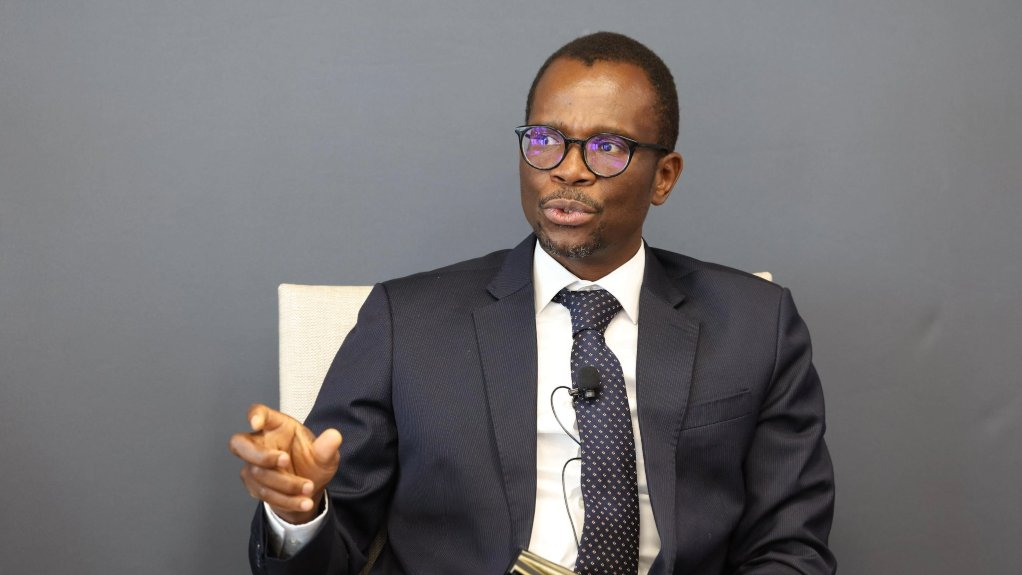The head of France’s state development bank expects other development finance institutions to add to a €400-million ($432-million) climate loan for South Africa that partners will likely sign within days.
The funds are part of a $9.3-billion climate-finance pact agreed between South Africa and some of the world’s richest countries in 2021 to help the nation cut its reliance on coal, which accounts for four-fifths of its electricity generation.
Germany’s KfW development bank matched a €300-million loan by France’s Agence Francaise de Developpement made in 2022 as part of the so-called Just Energy Transition Partnership.
“The idea is not do it in a pure France, South Africa partnership,” Remy Rioux, the chief executive officer of AFD, said in an interview in Johannesburg on Thursday. “It’s of course open and probably other public development banks will co-finance,” he said, declining to identify them.
The loan is a step forward for the JETP, which analysts have criticized for its slow pace of implementation. The success of the South African partnership — the first of its kind — is key as funders pursue similar deals with Indonesia, Vietnam and Senegal. South Africa’s JETP was initially with France, Germany, the US, UK and European Union. Denmark and the Netherlands joined later.
To date, aside from grants, the only money that South Africa has received through the pact is the earlier loan from the AFD and €800-million from Germany. Those have all been through so-called policy loans made directly to the Treasury. Other members of the JETP, such as the UK, don’t favor using the instruments.
While Rioux, who was attending the 30th anniversary of AFD’s operation in South Africa, would only say the new loan would be bigger than the 2022 commitment, South African Deputy Finance Minister David Masondo gave the €400-million figure in a speech at the same event.
The AFD’s board has approved the loan and the lender has to iron out some final details with South Africa before signing, Rioux said. The funds will go toward cushioning communities affected by the transition away from coal, he said.
The AFD will also consider investing in South African transmission projects once the government has decided how it wants to finance the expansion of the grid, Rioux said. Strengthening the network is crucial for connecting more renewable-energy projects to the grid.
“We are ready to examine opportunities to finance” grid projects, he said. “We will look at it carefully.”
EMAIL THIS ARTICLE SAVE THIS ARTICLE
To subscribe email subscriptions@creamermedia.co.za or click here
To advertise email advertising@creamermedia.co.za or click here











